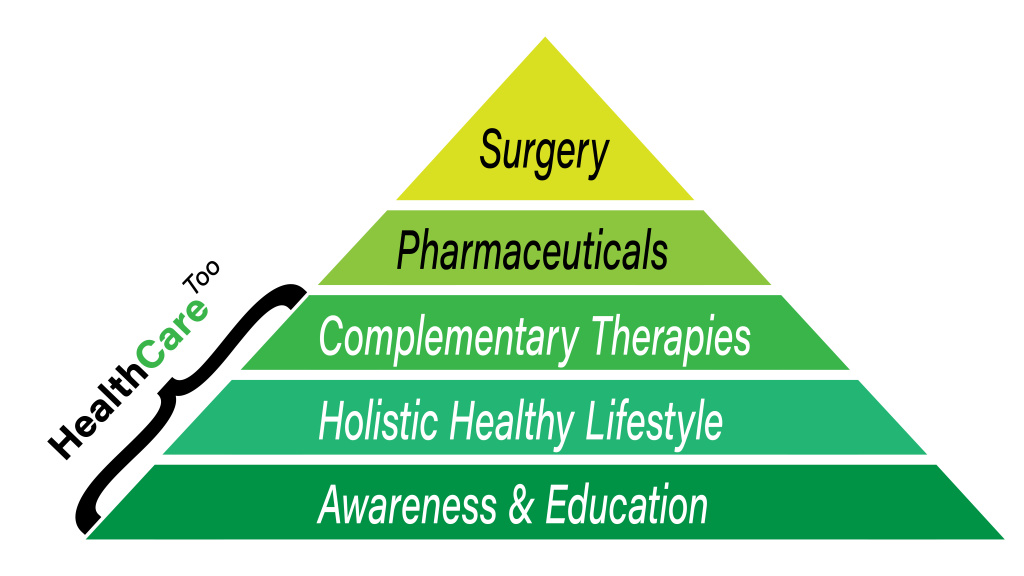Health Data Privacy
It seems a sign of Modern Lifestyle where something seems helpful and convenient but contains in it seeds for harm beyond comprehension. TV dinners? What a great way to save meal prep time so we can spend more time relaxing in front of the TV. Also is chock full of chemicals, wastes natural resources, reduces family time, and puts us in front of the TV. There so many other products and services in our Modern Lifestyle that have these (un)intended consequences. None, however, may rival what awaits in health data privacy.
On the surface, it seems somewhat fair–a quid pro quo for our data. We can get something useful in exchange for things like driving directions or the ability to connect and network on a social media platform. And, of course, this narrative is quickly peppered with terms like depersonalized, anonymous and compliance, to help soften the firm grasp of companies that become tachycardic at the prospect of your owning your elevated heart rate data.
But let’s set the healthcare data aside and go where the real action is: the money.
In July, 23andMe entered into a 4-year agreement with GSK to leverage their (yes, I struggled with the word “their”) genetic insights to drive drug discovery. Here’s the wording from their press release.
GSK and 23andMe today unveiled an exclusive four-year collaboration that will focus on research and development of innovative new medicines and potential cures, using human genetics as the basis for discovery. The collaboration will combine 23andMe’s large-scale genetic resources and advanced data science skills, with the scientific and medical knowledge and commercialisation expertise of GSK. The goal of the collaboration is to gather insights and discover novel drug targets driving disease progression and develop therapies for serious unmet medical needs based on those discoveries.
Another interesting example is the digital thermometer from Kinsa. It’s an attractive device that provides ease of use, an app that supports added clinical information such as symptom tracking, and medication reminders. But buried in the promotional copy, the 5th point out of five, presents a subtle but valuable feature. Here’s how Kinsa says it:
Kinsa is a digital thermometer. But it’s also a sophisticated data collection device that allows marketers to find customers based upon health data. A recent New York Times article, presented how Kinsa’s data allowed Clorox to see which zip codes around the country were associated with populations that had increases in fever rates. Using this information, Clorox could target those areas with increased advertising. Yes, it’s only zip code-based targeting, but the concept is clear and powerful: data often trumps the device and can offer the health tech industry (as many others) another potentially profitable income stream.
For the full article please see www.forbes.com
You may also be interested in It’s About Health, Not Technology




